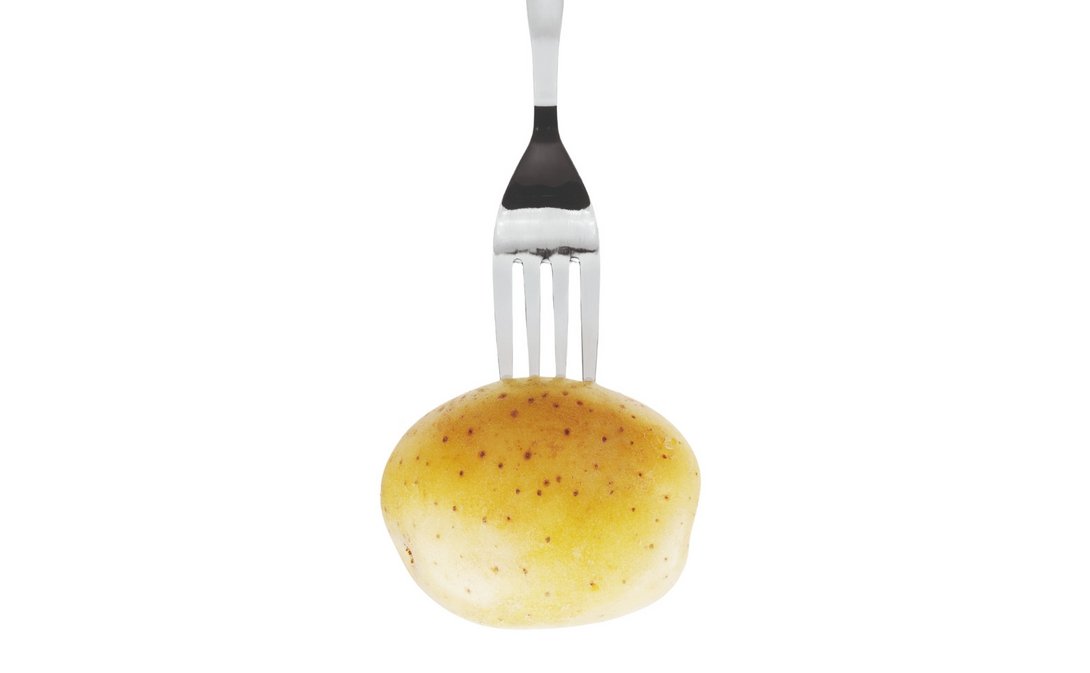Salad days are here - potato salad well packed
Germany without potatoes? Unthinkable. Just like beer, it is hard to imagine German cuisine without the “terrae tuber” (Latin for “earth tuber”). No other country in the European Union grows as many potatoes as Germany: around eleven million tons per year – almost 20 % of the European harvest.
And in 2017, more than in any other EU member state, more potatoes were eaten in … Latvia. Consumption in Latvia was an impressive 123 kg per person. In Germany, an impressive 60 kg of potatoes is still eaten by each person – in all possible forms. Increasingly, people want to buy ready-to-eat potatoes in the form of crisps and fries, but also as potato salad, among other things. These delicatessen-style salads are becoming increasingly popular and the market is now hotly contested. And any company that can make food taste and look “like your mother cooked it” are guaranteed to have the edge here. But what exactly does that mean? Large, evenly cut, naturally-looking slices that look as if your mother had cut the potatoes herself, coated in a light and creamy sauce. But what might appear so easy in the kitchen – slicing potatoes and adding them to a bowl – represents a technical challenge on an industrial scale. The potatoes are pressed by pistons through the dosing tubes, could be seriously damaged by sharp edges and end up dropping into the pot from a certain height. The visual disaster is complete if the salad cream then separates into its water and oil phase and, in the worst case, floats on top of the diced potatoes.
There are no shear forces on short journeys
Waldner’s well-thought-out dosing technology therefore ensures the gentle conveyance of the products through the filling tract: there are no shear forces on short journeys. The large cross-sections of the dosing tubes and pistons fill even sliced potatoes with a 50 mm diameter intact into the pots. They also ensure that the product components do not separate again – at a filling speed of 15,000 kg per hour. Waldner’s sophisticated control technology is crucial here. It is only with the aid of its control technology that the system is able to overcome the high forces that are produced at 40 – 50 cycles/ min with a filling volume of 1 kg of salad mixture: each individual dosing piston is equipped with a separate servo drive. That way, even lumpy products can be filled precisely to the exact gramme. The entire process is centrally controlled and monitored. And the pots are always controlled even until they are packed into boxes: they are gripped by a mechanical gripper, assembled into box format and inserted into the cardboard boxes. As all the functions in the Dosomat are controlled by servo motors, they can be monitored individually, and also individually controlled. This makes it possible to track and correct errors accurately and very quickly. Waldner experts can also access the system by remote access in the event of questions or for maintenance.
A more open and lightweight design
Last but not least, the flexible drive concept of the system has a modular design. This means that Waldner engineers can adapt the motion sequences precisely to match the respective product, depending on the customer‘s requirements. In addition, the machines now have a more open and lightweight design, which is beneficial for hygiene during filling and simple cleaning afterwards. Likewise, easy access to all components during servicing and also during unplanned repairs provides a huge benefit in terms of time. Any company that has planned “downtimes” under control is set to save money today. Of course, Waldner also focuses on complete recycling with its customers: pre-produced premium pots made of recyclable and really recoverable polypropylene (PP) or IML pots (in mould labelling) with high-grade foil lids (from a roll) or individual PP sealing lids can be easily filled on the Dosomat. This guarantees the recyclability of the individual packaging components, but also ensures the actual recovery of the entire packaging.
